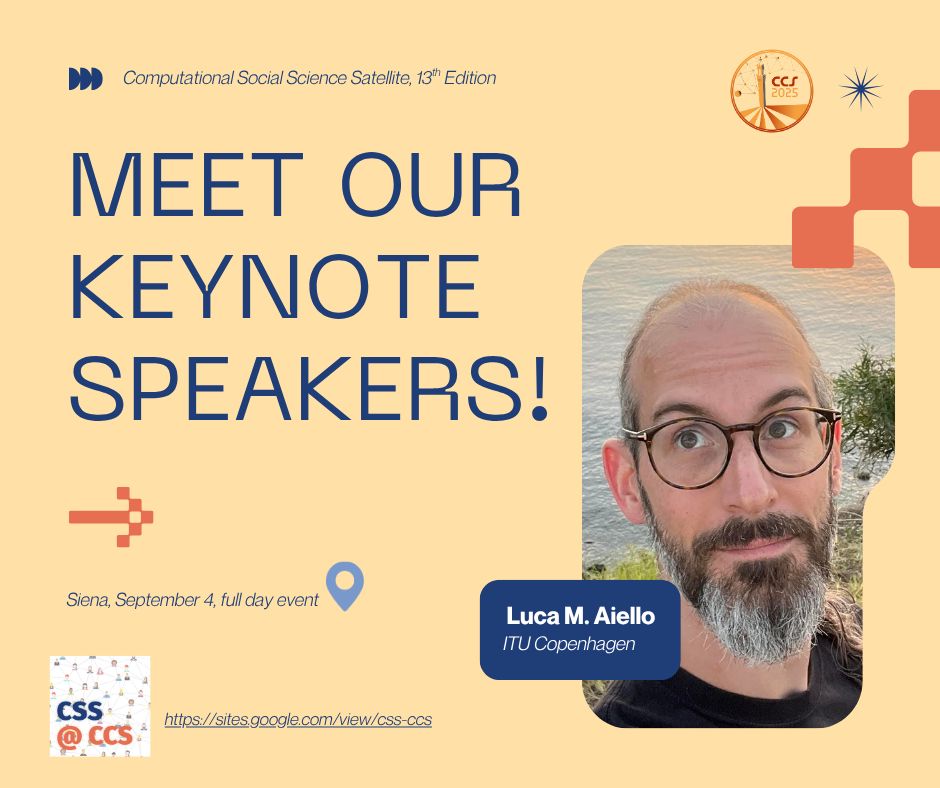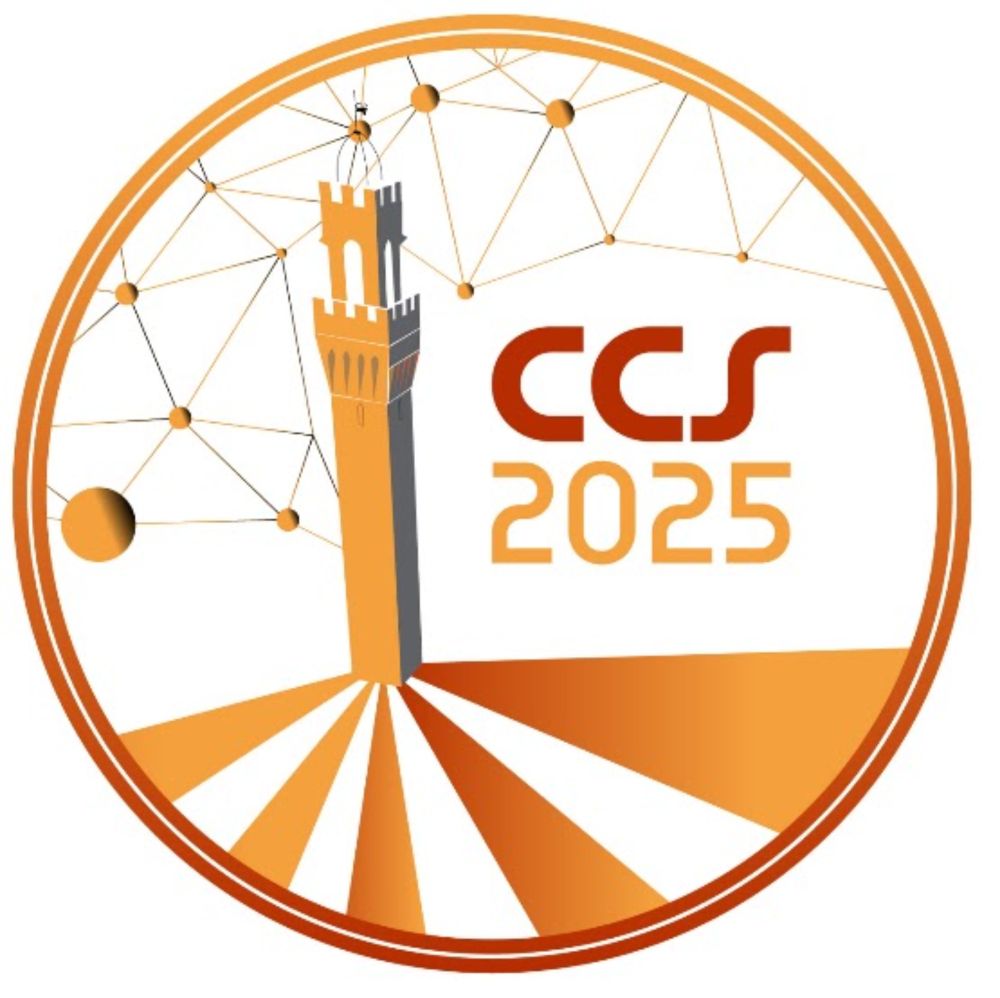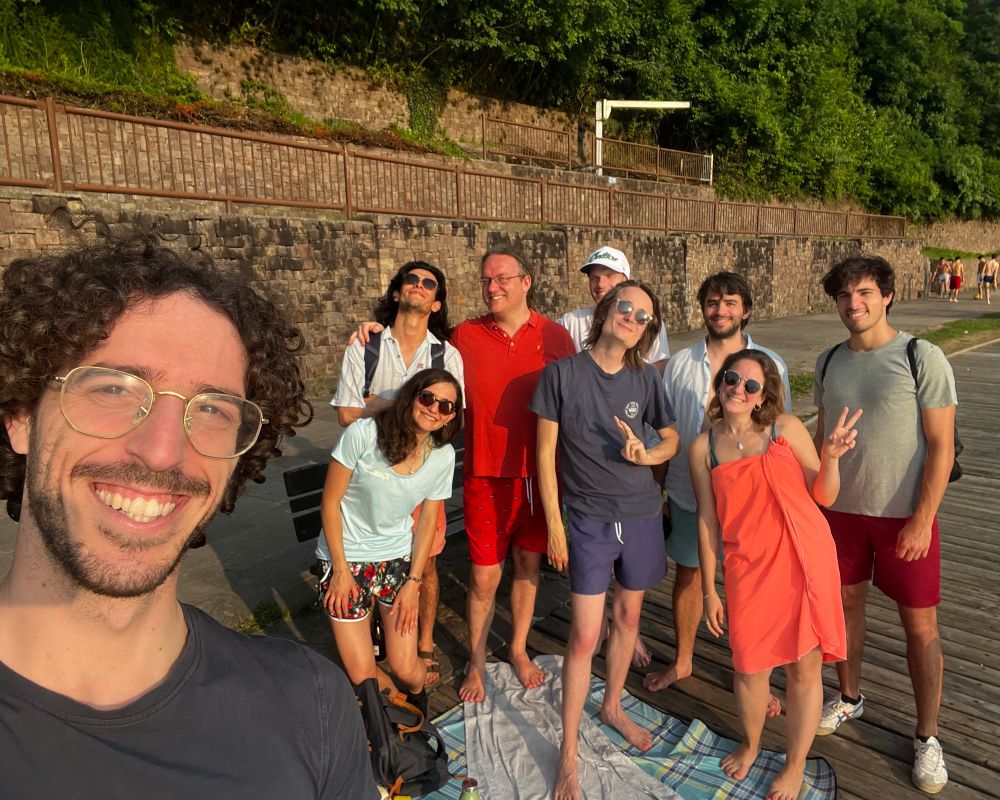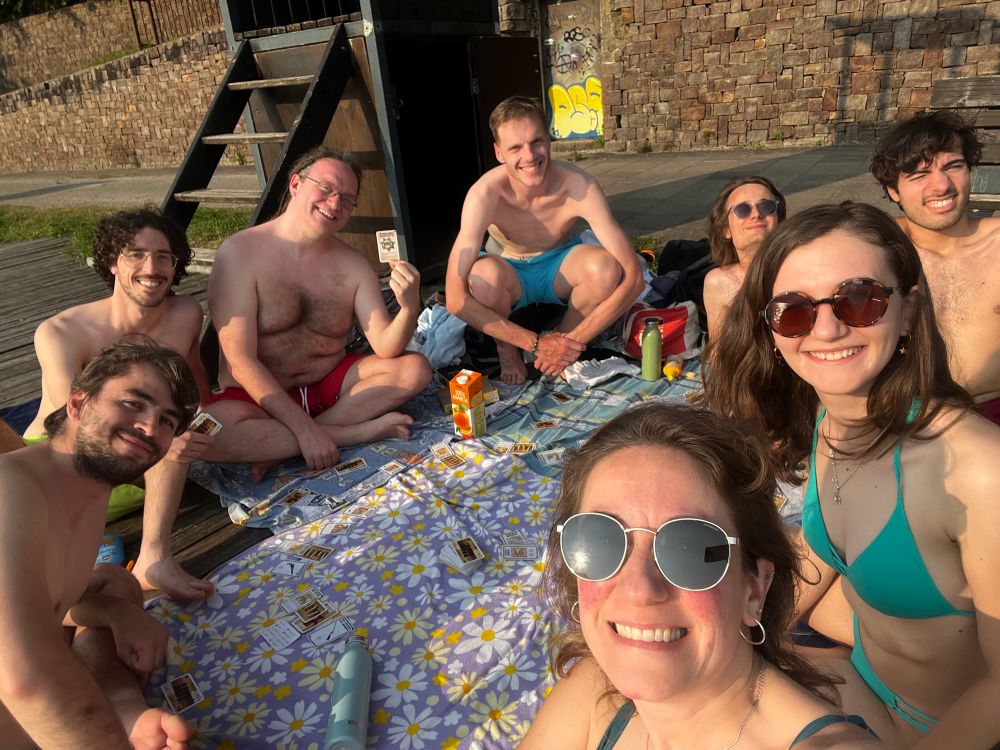Thomas Louf
@tlouf.bsky.social
240 followers
170 following
15 posts
Postdoc @chub-fbk.bsky.social
🔗 https://tlouf.github.io
🧑💻 https://github.com/TLouf
🐘 https://fosstodon.org/@tlouf
Posts
Media
Videos
Starter Packs
Reposted by Thomas Louf
Reposted by Thomas Louf
Reposted by Thomas Louf
Reposted by Thomas Louf
Reposted by Thomas Louf
Reposted by Thomas Louf
Reposted by Thomas Louf
Thomas Louf
@tlouf.bsky.social
· Jul 11
Thomas Louf
@tlouf.bsky.social
· Jul 11
Thomas Louf
@tlouf.bsky.social
· Jul 11
NetScience
@netscience.bsky.social
· Jul 11
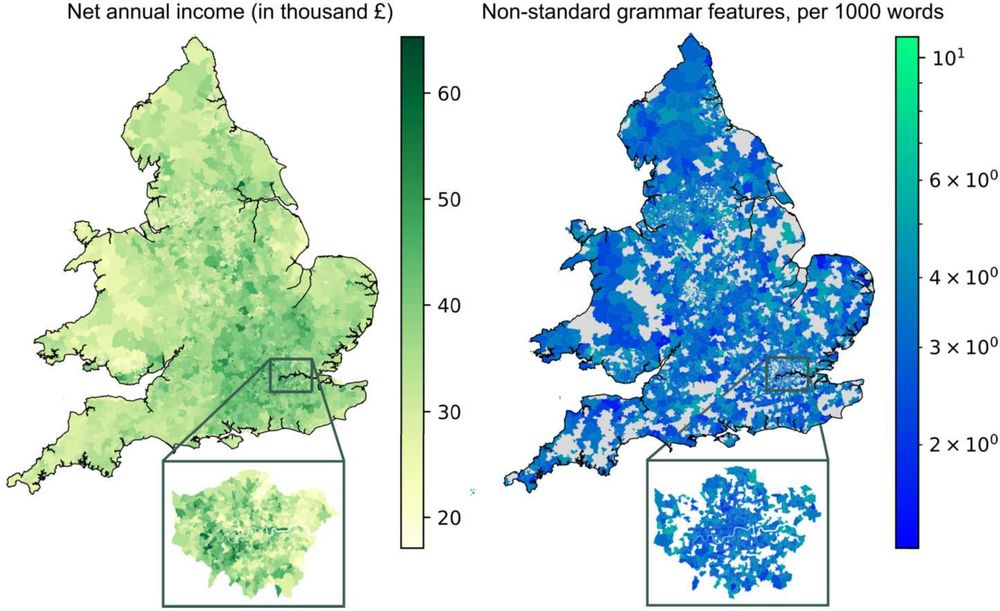
When dialects collide: how socioeconomic mixing affects language use - EPJ Data Science
The socioeconomic background of people and how they use standard forms of language are not independent, as demonstrated in various sociolinguistic studies. However, the extent to which these correlati...
epjdatascience.springeropen.com
Reposted by Thomas Louf
Reposted by Thomas Louf
Reposted by Thomas Louf
Reposted by Thomas Louf
Ulysse Marquis
@ulyssemarquis.bsky.social
· Jun 16

Universal roughness and the dynamics of urban expansion
We present a new approach to quantify urban sprawl using tools from surface growth physics. Analyzing built-up area expansion in 19 cities (1985-2015), we uncover anisotropic growth with branch-like e...
arxiv.org
Thomas Louf
@tlouf.bsky.social
· Jun 16
Reposted by Thomas Louf
Reposted by Thomas Louf
Reposted by Thomas Louf























